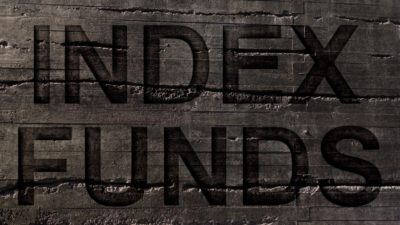Signs of intensifying regulatory trouble would are discouraging me from placing my hard-earned cash into British American Tobacco (LSE: BATS) right now.
But I’ll come onto that in a bit as I want to first look at another conventionally-cheap stock I plan to avoid: support service and construction expert Interserve (LSE: IRV).
Too good to be true?
Its share price tanked in February after the release of terrible full-year numbers. And share picker demand has failed to improve since — indeed, its value hit eight-year bottoms around 185p per share this week.
I have no doubt that many investors will still be drawn in by (what at least appears on paper) Interserve’s undemanding valuation.
An expected 9% earnings drop in 2017 leaves it trading on a forward P/E ratio of four times, way below the widely-regarded bargain yardstick of 10 times. However, I believe predictions of a 7% bottom-line bounce-back look a little too good to be true.
Its shocking fall in first-half profits was due to what it called “challenging market conditions, regulatory and political changes and expected cost headwinds.” While revenues rose fractionally during January-June, to £1.65bn from £1.63bn a year earlier, it saw headline pre-tax profits sink 34% to £36.5m.
The tough trading environment Interserve is currently battling does not look likely to improve any time soon as the economic and political turbulence sweeping the UK intensifies. And this is not the only problem facing the business as the troubles emanating from its defunct Energy from Waste division still hang large.
While the company noted last week that “we continue to believe the provision taken in 2016 remains appropriate” — it banged away £160m in total to address the issue — it added that “significant risks and uncertainties remain.”
Trouble ahead
There is clearly too much mud in the water to justify investment in Interserve right now, in my humble opinion. And I believe the same can be said for British American Tobacco.
The cigarette titan made a serious statement in July when it snapped up the 57.8% stake in Reynolds American it did not already own. The rationale of the deal was to give it a bigger stake in the vast US marketplace, and to bolster its already-formidable stable of industry-leading brands with the likes of Camel and Newport.
But news has since emerged that the US Food and Drug Administration is looking to reduce the amount of nicotine in cigarettes to non-addictive levels, a situation that could clearly have serious ramifications for British American Tobacco’s revenues prospects. The company, like its peers, is already battling against tighter regulations such as plain packaging and smoking bans in many of its other markets.
If this wasn’t problem enough, the London-based business is also currently being investigated by the Serious Fraud Office over allegations of corruption in East Africa, a situation that could result in crushing financial penalties down the line should wrongdoing be ascertained.
An expected 13% earnings rise in 2017 leaves British American Tobacco dealing on a prospective P/E ratio of 16.9 times. This may appear decent value at first glance — after all, the firm’s formidable brand power and vast geographic exposure are enjoyed by other, but more expensive, FTSE 100 shares like Unilever and Diageo. Having said that, the growing legislative threat to the company’s core products makes it a risk too far for me at least.







